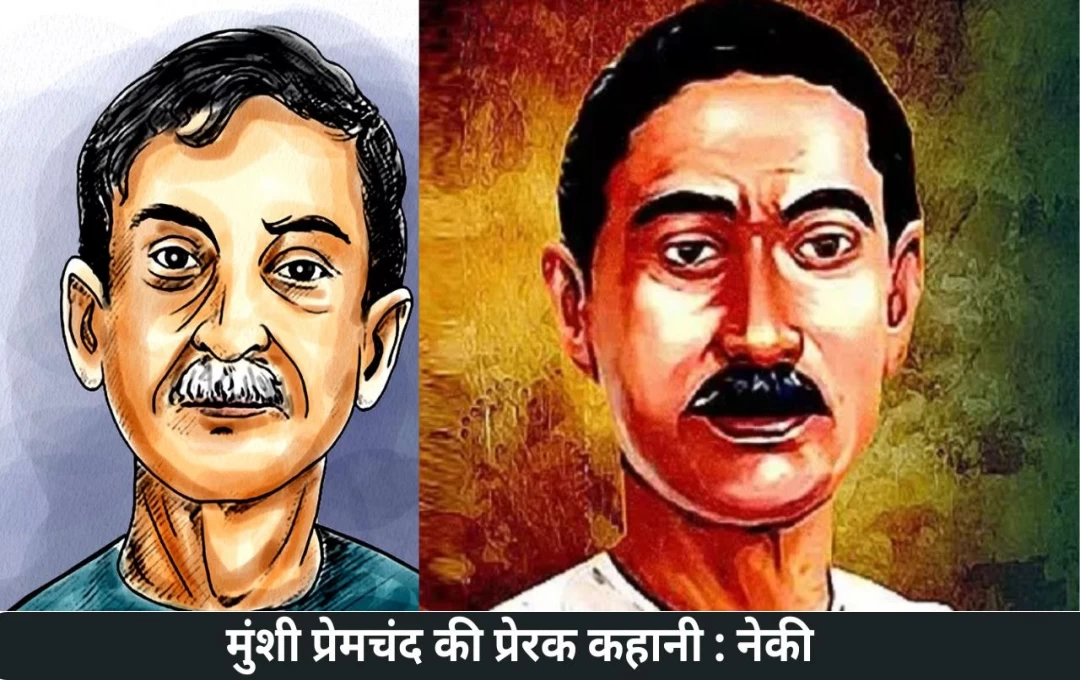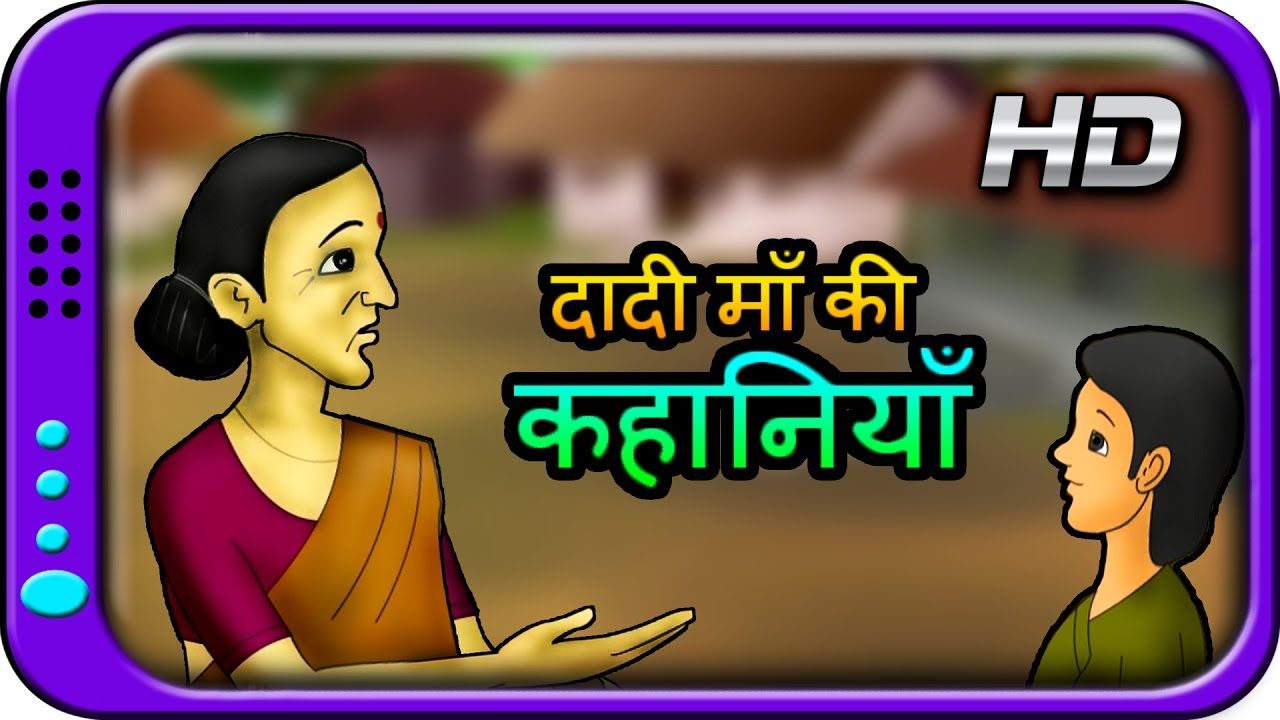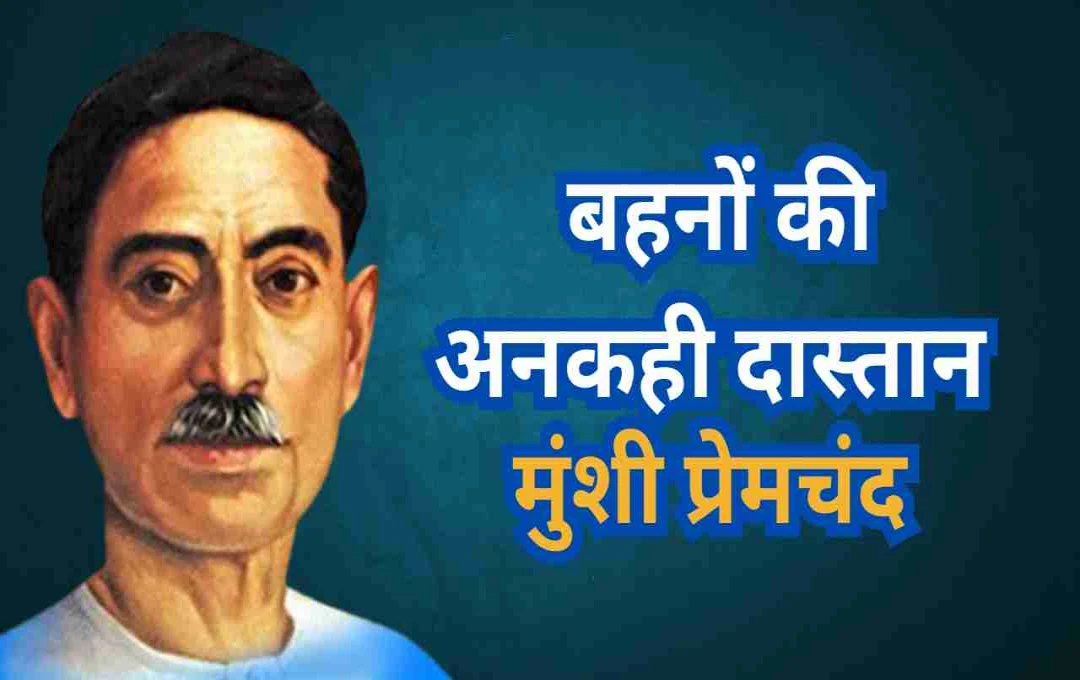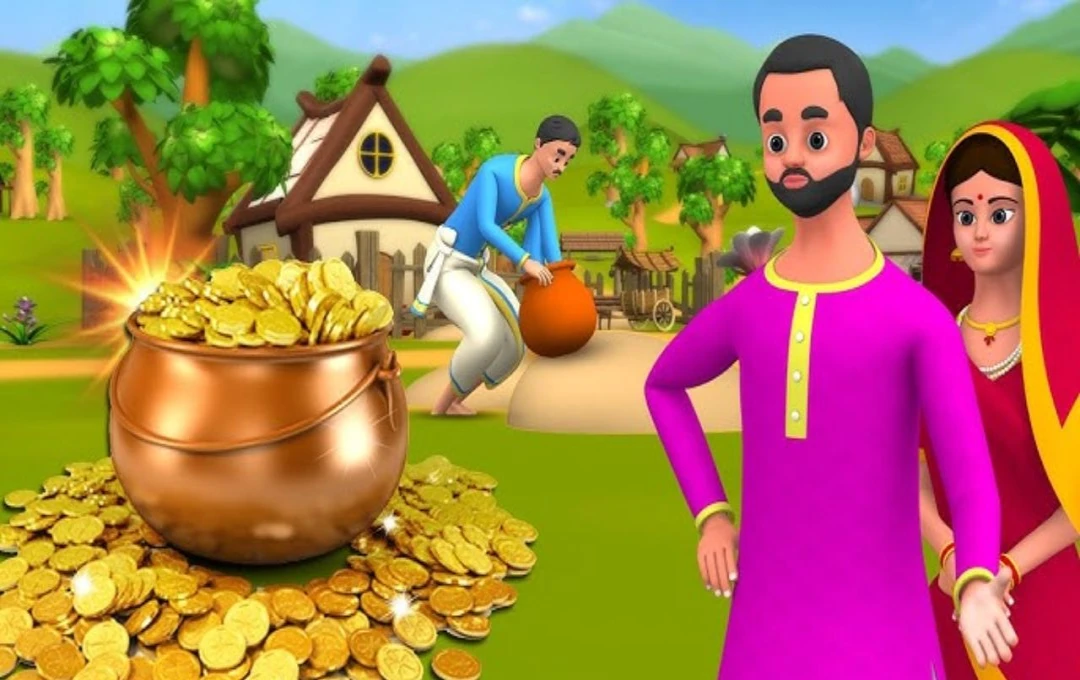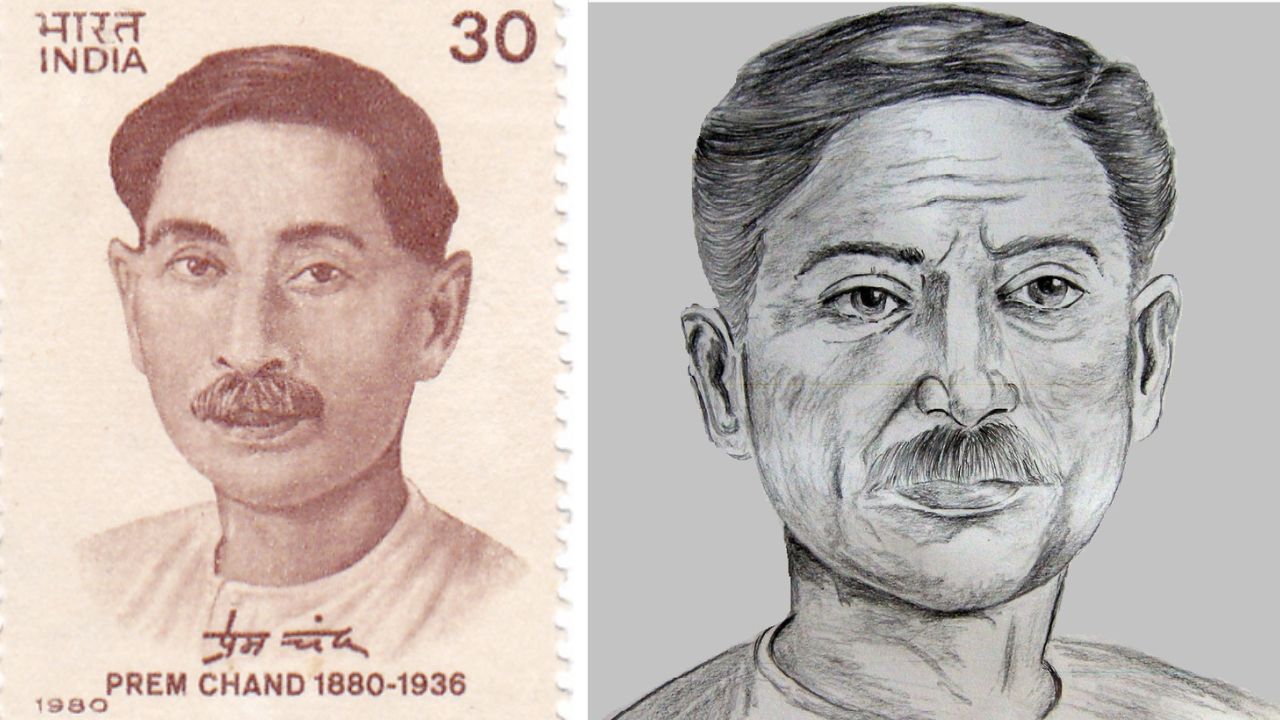Friends, our country has for centuries been the birthplace and abode of countless great personalities brimming with virtues – sages, poets, writers, musicians, and many more. The thousands of works created by these luminaries are invaluable. Today's youth, in this digital age, seem to be losing touch with their heritage and these precious treasures, drifting further and further away. subkuz.com consistently strives to connect you not only with these invaluable treasures but also with entertaining stories, news, and information from India and around the world. Presented here is one such invaluable and inspiring story by Munshi Premchand.
Kindness
It was the month of Sawan (July-August). Revati Rani had henna applied to her feet, adorned her hair, and then her elderly mother-in-law said, "Ammaji, I'll go to the fair today."
Revati was the wife of Pandit Chintamani. Panditji, seeing little benefit in worshipping Saraswati, had started worshipping Lakshmi Devi. He was involved in lending money, but unlike other moneylenders, he didn't consider it appropriate to charge more than twenty-five percent interest, except in very specific circumstances.
Revati's mother-in-law was seated on a palanquin, holding her grandchild. Hearing her daughter-in-law's words, she said, "You'll get wet, and the child will catch a cold."
Revati replied, "No, Amma, it won't take long; I'll be back soon."
Revati had two children – a boy and a girl. The girl was still an infant, while the boy, Hiraman, was seven years old. Revati dressed him in fine clothes. To ward off the evil eye, she applied kohl to his forehead and cheeks, gave him a nice, colorful stick for beating dolls, and set off with her friends to see the fair.
A large gathering of women had assembled on the banks of the Kirat Sagar lake. Dark clouds loomed overhead. Adorned in finery, the women were enjoying the refreshing drizzle of Sawan in the open, lush green expanse of the lake. Swings hung from the branches of trees. Some swung on the swings, others sang Malhar, and some sat by the lake, playing with the waves. The cool, pleasant, gentle spray of water, the vibrant greenery of the hills, and the captivating ripples of the lake created an atmosphere that was irresistible.
It was the day of the dolls' farewell. The dolls were going to their in-laws' houses. Young girls, with henna on their hands and feet, had come to bid farewell to the dolls, adorning them with jewelry and clothes. They floated them in the water and sang the songs of Sawan. However, as soon as they left the comforting embrace of their parents, these pampered dolls were showered with sticks and stones from all sides.
Revati was watching this scene, while Hiraman was busy beating dolls with other girls on the steps of the lake. The steps were covered in moss; suddenly, his foot slipped, and he fell into the water. Revati screamed and ran, beating her head in despair. In a moment, a crowd of men and women gathered, but no one felt the urge to save the child's life by jumping into the water. Their carefully styled hair might get disheveled! Their clean dhotis might get wet! Many men were wrestling with such thoughts. Ten minutes passed, yet no one dared to act. Poor Revati was distraught when a man, riding his horse, happened to pass by.
Seeing the crowd, he dismounted and asked a spectator, "What's all this commotion?" The spectator replied, "A boy has drowned."
The traveler asked, "Where?"
The spectator pointed, "Where that woman is standing and crying."
The traveler immediately took off his heavy Mirzaei coat, tightened his dhoti, and jumped into the water. Silence fell over the crowd. People were astonished at this man's actions. His first dive yielded the boy's cap. His second dive brought up the boy's stick, and on his third dive, he emerged with the boy in his arms. The onlookers raised a loud cheer. The mother rushed to embrace her child. Meanwhile, Pandit Chintamani and several of his friends arrived and began to revive the boy. Within half an hour, the boy opened his eyes. Everyone breathed a sigh of relief. The doctor said, "If the boy had remained in the water for two more minutes, it would have been impossible to save him." But when people tried to find their anonymous benefactor, he was nowhere to be found. They searched high and low, scouring the entire fair, but he vanished without a trace.
Twenty years passed. Pandit Chintamani's business flourished. In the meantime, his mother completed her seven pilgrimages and passed away, after which a Thakurdwara (temple) was built. Revati became a mother-in-law, managing the accounts and business alongside Hiraman, who had grown into a b, tall young man with a kind heart. He secretly lent money to poor tenants, much to his father's displeasure. Chintamani often scolded and threatened to disown his son for this "crime." Once, Hiraman donated fifty rupees to a Sanskrit school, angering his father to the point of refusing to eat for two days. Such unpleasant incidents were frequent, creating a distance between Hiraman and his father. However, all these acts of Hiraman were always orchestrated by Revati. When the poor widows of the town or the women of tenants oppressed by the zamindar came to Revati, seeking blessings from Hiraman, she felt that there was no one more fortunate than her and no one kinder than her son. Then, she would recall the day Hiraman had nearly drowned in the Kirat Sagar and the image of the man who had saved her son would flash before her eyes. A deep prayer would well up from her heart, and she wished she could see him and fall at his feet. She was now convinced that he was not a mere mortal but a deity. She sat on the same palanquin where her mother-in-law used to sit, feeding her two grandchildren.
Today was Hiraman's twenty-seventh birthday. For Revati, this was the most auspicious day of the year. On this day, her charitable hand was particularly generous, an expense in which even Pandit Chintamani participated. On this day, she would rejoice and weep, and the prayers that arose from her heart for her anonymous benefactor were imbued with the purest emotions of her heart and mind. It is only because of that day that I have been blessed to witness this day and this happiness!
One day, Hiraman came to Revati and said, "Amma, Srippur is up for auction; should I bid?"
Revati asked, "Is it a good village?"
Hiraman replied, "It's a good village. Not too big, not too small. It's ten miles from here. The bidding has reached twenty thousand. It'll probably end around a hundred or two hundred more."
Revati said, "Ask your grandfather."
Hiraman responded, "Who has the time to haggle with him for two hours?"
Hiraman had become the head of the household, and Chintamani had no say. Now, wearing spectacles, he spent his time coughing on a mattress. The next day, Srippur was acquired in Hiraman's name. The moneylender turned zamindar, accompanied by his clerk and two peons, went to visit the village. The people of Srippur were informed. This was the new zamindar's first visit. Preparations began to offer nazrana (gifts) from every house. In the evening, five days later, Hiraman entered the village. He was given a tilak of curd and rice, and three hundred tenants stood with folded hands, serving him until midnight. In the morning, the mukhtar (village headman) began introducing the tenants. Each tenant, as he appeared before the zamindar, placed one or two rupees at his feet according to his means. By noon, a pile of five hundred rupees had accumulated.
Hiraman experienced the thrill of zamindari for the first time, the intoxication of power and wealth. Of all intoxications, the intoxication of wealth is the best and most destructive. When the list of tenants was finished, he asked the mukhtar, "Is there any other tenant left?"
The mukhtar replied, "Yes, Maharaj, there is one more tenant, Takhat Singh."
Hiraman asked, "Why hasn't he come?"
The mukhtar replied, "He's a little arrogant."
Hiraman said, "I'll bring him down a peg. Someone go and call him."
After a while, an old man, leaning on a stick, arrived, prostrated himself, and sat on the ground without looking up or showing any deference. Seeing this act of defiance, Hiraman became furious. He snapped, "You haven't dealt with a zamindar before. I'll teach you all a lesson!"
Takhat Singh looked intently at Hiraman and replied, "Twenty zamindars have come and gone before me, but no one has ever spoken to me like this."
Saying this, he picked up his stick and went home.
The old Thakurani (lady of the manor) asked, "Did you see the zamindar? What kind of man is he?"
Takhat Singh replied, "He's a good man. I recognize him."
The Thakurani asked, "Have you met him before?"
Takhat Singh replied, "I've known him for twenty years. Do you remember the doll fair?"
From that day on, Takhat Singh never went near Hiraman again.
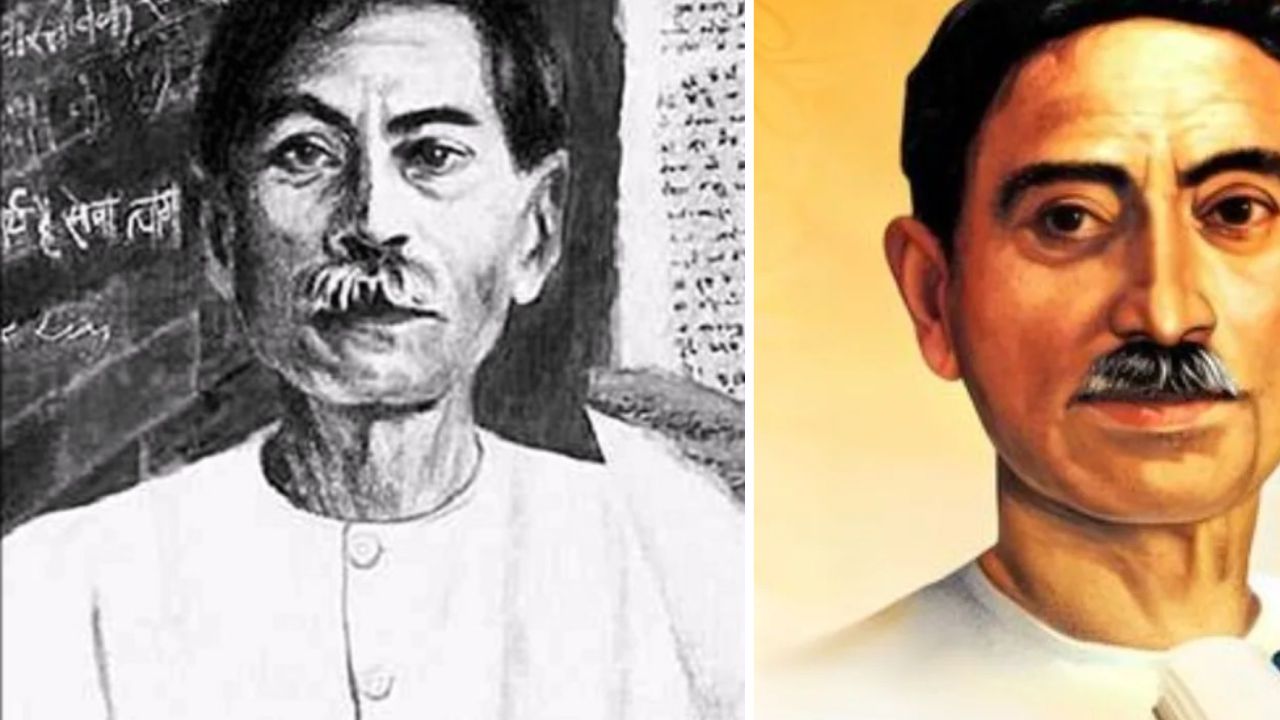
Six months later, Revati also felt a desire to see Srippur. She, her daughter-in-law, and the children all went to Srippur. All the women of the village came to meet her, including the old Thakurani. Revati was amazed by her conversation, manners, and grace. As she was leaving, Revati said, "Thakurani, do come and visit sometime. I felt very happy meeting you."
Thus, a slow friendship developed between the two women. This was the situation while Hiraman, influenced by his mukhtar, was devising ways to evict Takhat Singh.
The full moon of Jeth (May-June) arrived. Preparations began for Hiraman's birthday celebration. Revati was sifting flour when the old Thakurani arrived. Revati smiled and said, "Thakurani, you're invited to our place tomorrow."
The Thakurani replied, "Your invitation is accepted. What's the occasion?"
Revati said, "It's his twenty-ninth birthday."
The Thakurani said, "May Narayan grant you many more such days."
Revati said, "Thakurani, may your words be blessed. We have done many things, but it is because of your blessings that we have seen this day. He was only seven years old when his life was in danger. We had gone to see the doll fair, and he fell into the water. A great man saved his life. We searched for him extensively, but we couldn't find him. Every year on his birthday, I set aside one hundred rupees in his name. It has now exceeded two thousand. The boy intends to build a temple in Srippur in his name. Honestly, Thakurani, if I could only see him once, my life would be complete; my heart's desire would be fulfilled."
When Revati fell silent, tears streamed down the Thakurani's eyes.
The next day, on one side, there was Hiraman's birthday celebration, and on the other, Takhat Singh's fields were being auctioned off.
The Thakurani said, "I'll go to Revati Rani and plead with her."
Takhat Singh replied, "Not while I'm alive."
The month of Asadh (June-July) arrived. Megha Raj (the rain god) showed his bountiful generosity. The farmers of Srippur went to plow their fields. Takhat Singh's longing eyes followed them, as if the land itself was embracing them.
Takhat Singh had a cow. He spent his days grazing it. This was his only support. He made ends meet by selling cow dung cakes and milk. Sometimes, he went hungry. He endured all these hardships but never went to Hiraman to cry about his poverty. Hiraman had tried to humiliate him, but he ended up being humiliated himself. Even in his victory, he suffered defeat. He could not subdue the old man with his stubbornness.
One day, Revati said, "Son, you've wronged the poor man. That wasn't right."
Hiraman retorted angrily, "He's not poor. I'll break his arrogance."
Intoxicated by wealth, the arrogant zamindar was trying to break something that didn't exist, like a foolish child fighting his shadow.
Takhat Singh somehow managed to survive the year. Then came the rainy season. His house was not properly roofed. When it rained heavily for several days, a part of the house collapsed. The cow was tied there and died under the debris. Takhat Singh also sustained serious injuries. From that day, he began to have a fever. Who would provide medicine when his livelihood was gone? Cruel, merciless misfortune had crushed him. His entire house was filled with water; not a single grain of food was left. He lay there groaning in the dark when Revati went to his house. Takhat Singh opened his eyes and asked, "Who is it?"
The Thakurani replied, "It's Revati Rani."
Takhat Singh said, "My good fortune! You have shown great kindness towards me."
Revati said apologetically, "Thakurani, God knows, I am ashamed of my son. Tell me whatever trouble you are facing. Such a calamity has befallen you, and we didn't even know!"
Saying this, Revati placed a small pouch of money before the Thakurani.
Hearing the jingle of coins, Takhat Singh sat up and said, "Rani, we are not hungry for this. Do not make us sinners in our dying moments."
The next day, Hiraman, accompanied by his associates, went there. He smiled upon seeing the collapsed house. His heart said, "Finally, I've broken his arrogance." Entering the house, he asked, "Thakur, how are you now?"
The Thakur softly said, "It's all God's grace. How could you forget?"
Hiraman had to suffer defeat a second time. His desire for Takhat Singh to bow before him remained unfulfilled.
The old Thakurani was now alone in the world. There was no one to share her sorrow or shed tears at her death. Poverty had intensified her grief. Essentials might not fill the wounds of death, but they certainly act as a balm.
The worry about food is a terrible affliction. The Thakurani now collected cow dung from fields and pastures and made cakes to sell. It was a heartbreaking sight to see her, leaning on a stick, going to the fields and returning, breathless under the weight of the basket of dung cakes on her head. Even Hiraman felt pity for her. One day, he sent her flour, lentils, and rice in plates. Revati took them herself. But the old Thakurani, with tears in her eyes, said, "Revati, as long as I can see and walk, do not make me or the dying a sinner."
From that day on, Hiraman did not dare to show any more compassion towards her.
One day, Revati bought dung cakes from the Thakurani. In the village, thirty cakes were sold for a certain amount. She wanted to buy only twenty. From that day on, the Thakurani stopped bringing dung cakes to her house.
How many such virtuous women exist in the world! Didn't she know that by revealing a secret, she could end her suffering? But then, wouldn't that turn it into a debt of gratitude? The saying goes, "Do good deeds and cast them into the river." Perhaps it never occurred to her that she had done any favor on Revati.
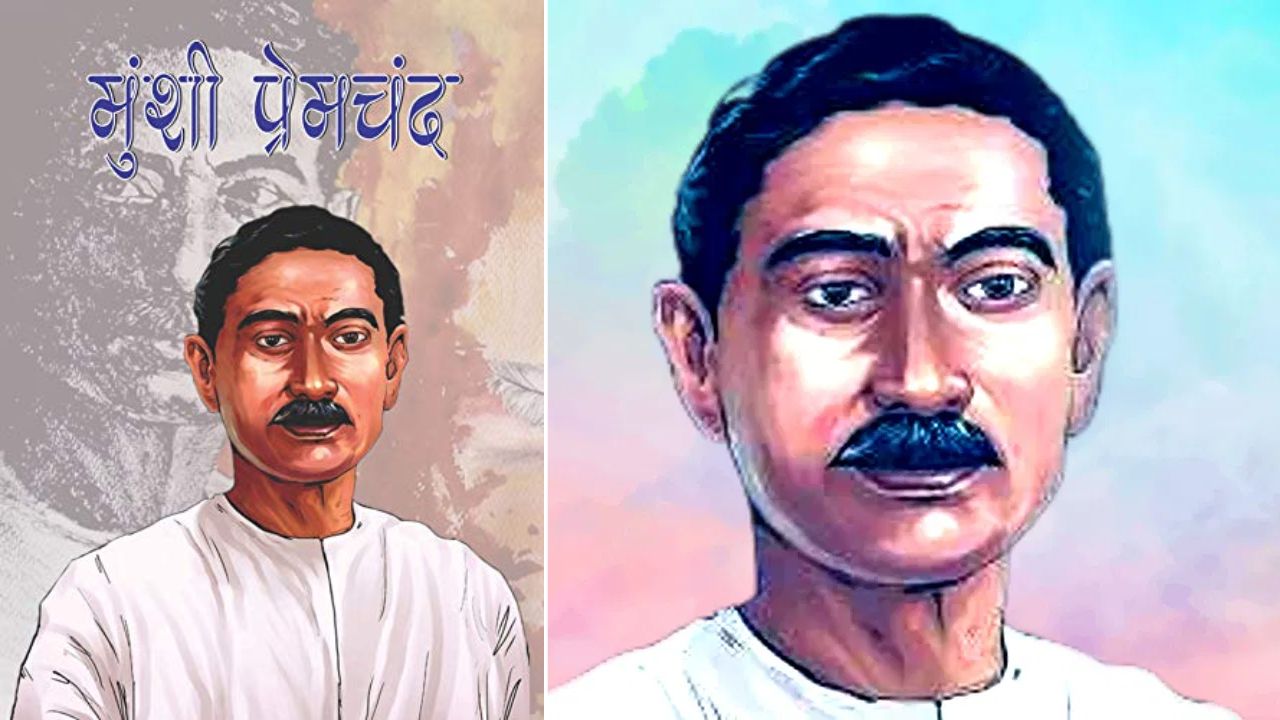
This b-willed, proud woman lived for three years after her husband's death. Recalling the hardship she endured during that time sends shivers down the spine. She went many days without food. Sometimes, she couldn't find any dung, and sometimes someone would steal her dung cakes. God's will! Some have a full house, but no one to eat with. Others spend their lives crying.
The old woman endured all this suffering but never begged anyone.
Hiraman's thirtieth birthday arrived. The cheerful sound of drums filled the air. On one side, ghee (clarified butter) pooris were being cooked, and on the other, oil pooris. The ghee pooris were for the wealthy Brahmins, and the oil pooris were for the poor and downtrodden.
Suddenly, a woman came to Revati and said, "Thakurani is in bad shape. She's calling for you."
Revati thought, "I must go there carefully; lest the old woman should be dying."
Thinking this, she didn't go to the old woman. When Hiraman saw that his mother didn't want to go, he went himself. He had begun to feel some compassion for the Thakurani in recent days. But Revati came to the door to dissuade him. She was compassionate, kind, and noble.
When Hiraman reached the Thakurani's house, there was complete silence. The old woman's face was pale, and the signs of approaching death were evident on her. Hiraman called out, "Thakurani, I am Hiraman."
The Thakurani opened her eyes and gestured for him to bring his ear closer. Then, in a halting voice, she said, "In the chest by my head, there are the bones of Thakur, and my husband's sindoor (vermillion) is also there. Send both to Prayagraj."
Saying this, she closed her eyes. Hiraman opened the chest; both items were carefully kept. A small pouch containing ten rupees was also found. Perhaps it was the traveling expenses for the departed!
That night, the Thakurani's suffering ended forever.
That same night, Revati had a dream – it was the Sawan fair, dark clouds were looming, and she was standing by the Kirat Sagar lake. Then Hiraman slipped and fell into the water. She started weeping, beating her chest. Suddenly, an old man jumped into the water and pulled Hiraman out. Revati fell at his feet and asked, "Who are you?"
He replied, "I live in Srippur. My name is Takhat Singh."
Srippur is still under Hiraman's possession, but the atmosphere has changed. From afar, the golden kalash (pot) of the Shiva temple is visible; where Takhat Singh's house once stood, a Shiva temple now stands. In front of it is a well-built well and a rest house. Travelers stay there and sing Takhat Singh's praises. The temple and rest house are both famous in his name.
So, this was an inspiring story by the great writer Munshi Premchand. We learn many new things from this story. The entire team at subkuz strives to bring you inspiring stories every day for our visitors. Keep reading such inspiring and informative stories on subkuz.com.
